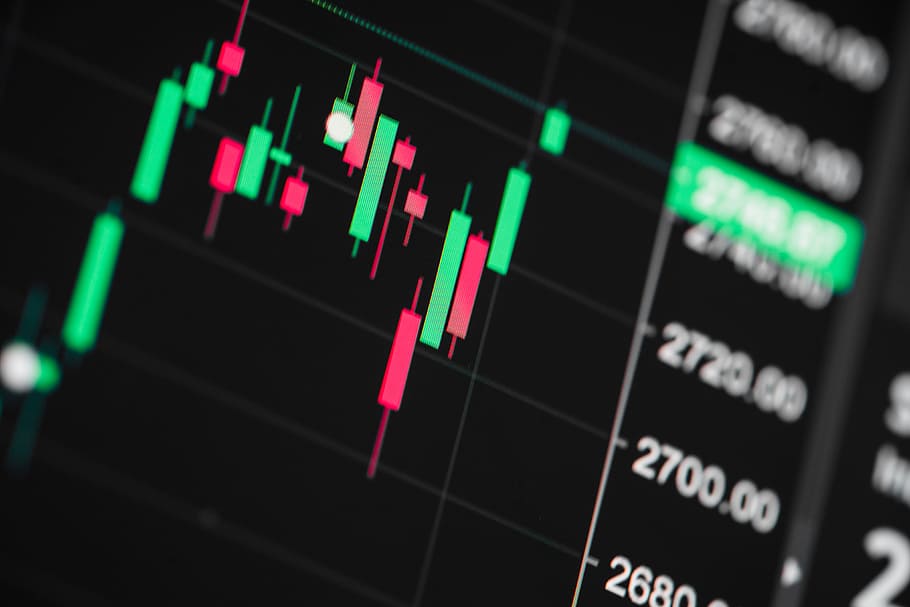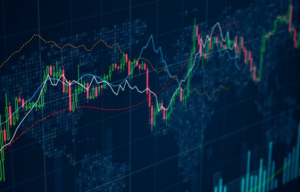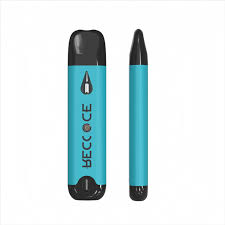
Forex brokers are an essential part of the trading world, facilitating transactions in foreign currency pairs and providing access to a variety of financial instruments. The role of brokers is to act as intermediaries between the trader and the market, providing access to a wide range of assets that can be traded along with foreign currencies. Financial instruments such as commodities, stocks, indices, and cryptocurrencies can be traded using the same forex trading platform that is used for forex trading. In this blog post, we will explore how to access a wide variety of financial instruments from Forex broker.
Asset Classes Offered:
Forex brokers offer a wide range of asset classes that can be traded on their platform. These include currencies, commodities, stocks, indices, and cryptocurrencies. Some brokers offer more instruments than others, providing greater flexibility for traders to diversify their portfolios and hedge their financial positions. The number of assets offered by forex brokers can range from several to several hundred, depending on the size and business model of the broker
Trading Platform:
Forex brokers use trading platforms that allow traders to access the financial instruments offered by the broker. These platforms come in different formats and can be accessed either through a desktop application or a web-based interface. The most common trading platform used by forex brokers is the MetaTrader 4 (MT4) platform, which is a powerful and popular platform among traders, offering many tools and resources that can be used to analyze the markets and execute trades.
Trading Instruments:
Forex brokers offer various types of trading instruments, including spot contracts, futures contracts, options contracts, and CFDs. Spot contracts are agreements to exchange one currency for another at an agreed-upon price and date, usually within two business days. Futures contracts are agreements to buy or sell an asset at a specific price and date in the future, while options contracts provide the buyer with the right, but not the obligation, to buy or sell an asset at a specific price and date. CFDs, or contracts for difference, are agreements between the trader and the broker to exchange the difference between the opening and closing price of a financial instrument.
Leverage and Margin:
Forex brokers also offer leverage and margin, which allows traders to trade larger positions than their account balance would otherwise allow. Leverage is the ratio of the amount of money a trader can borrow to the amount of money they have in their trading account. Margin is the amount of money a trader needs to deposit in their account to open and maintain a trading position. Leverage can magnify profits, but it can also magnify losses if the trade moves against the trader. Traders must be aware of the risks associated with leveraging and margin and should use these tools responsibly.
Conclusion:
Forex brokers offer access to a wide range of financial instruments, including currencies, commodities, stocks, indices, and cryptocurrencies. Traders can use the same platform that they use for forex trading to access these assets, and can trade various types of instruments such as CFDs, futures contracts, options contracts, and spot contracts. The leverage and margin offered by forex brokers can be used to increase position sizes, but traders should be aware of the risks associated with these tools and should use them responsibly. Ultimately, forex brokers provide traders with a range of tools and resources to help them access and trade the financial markets effectively.



